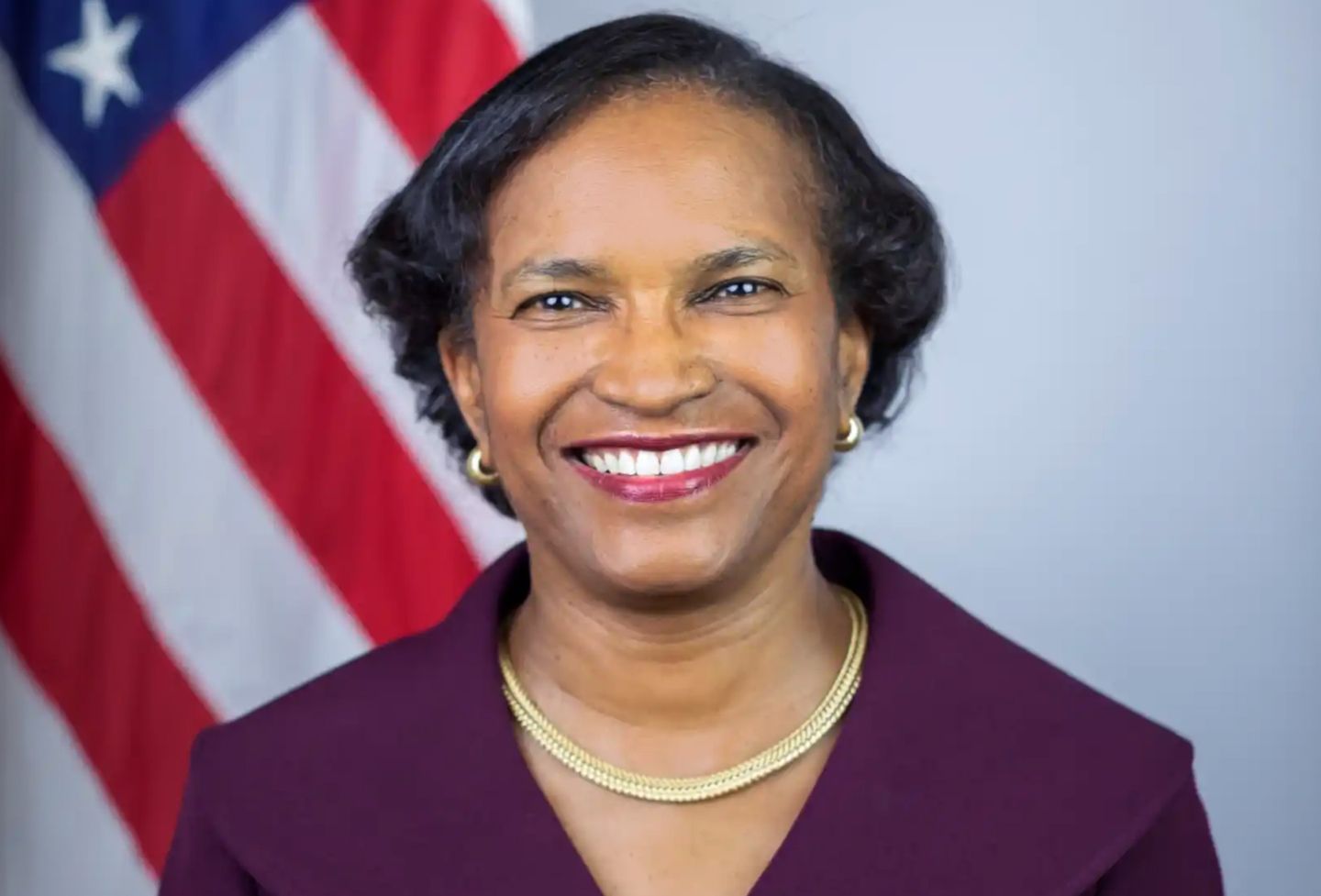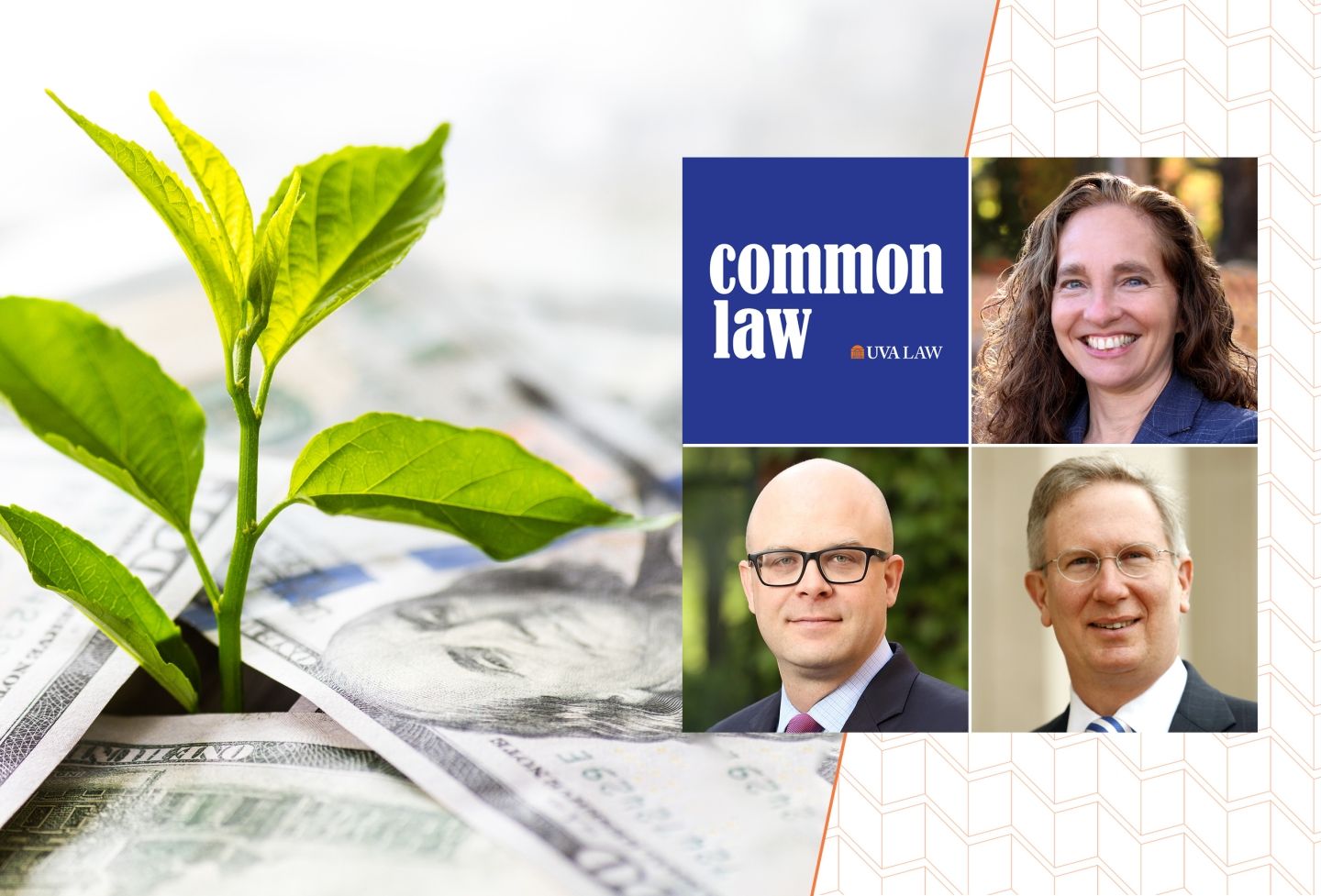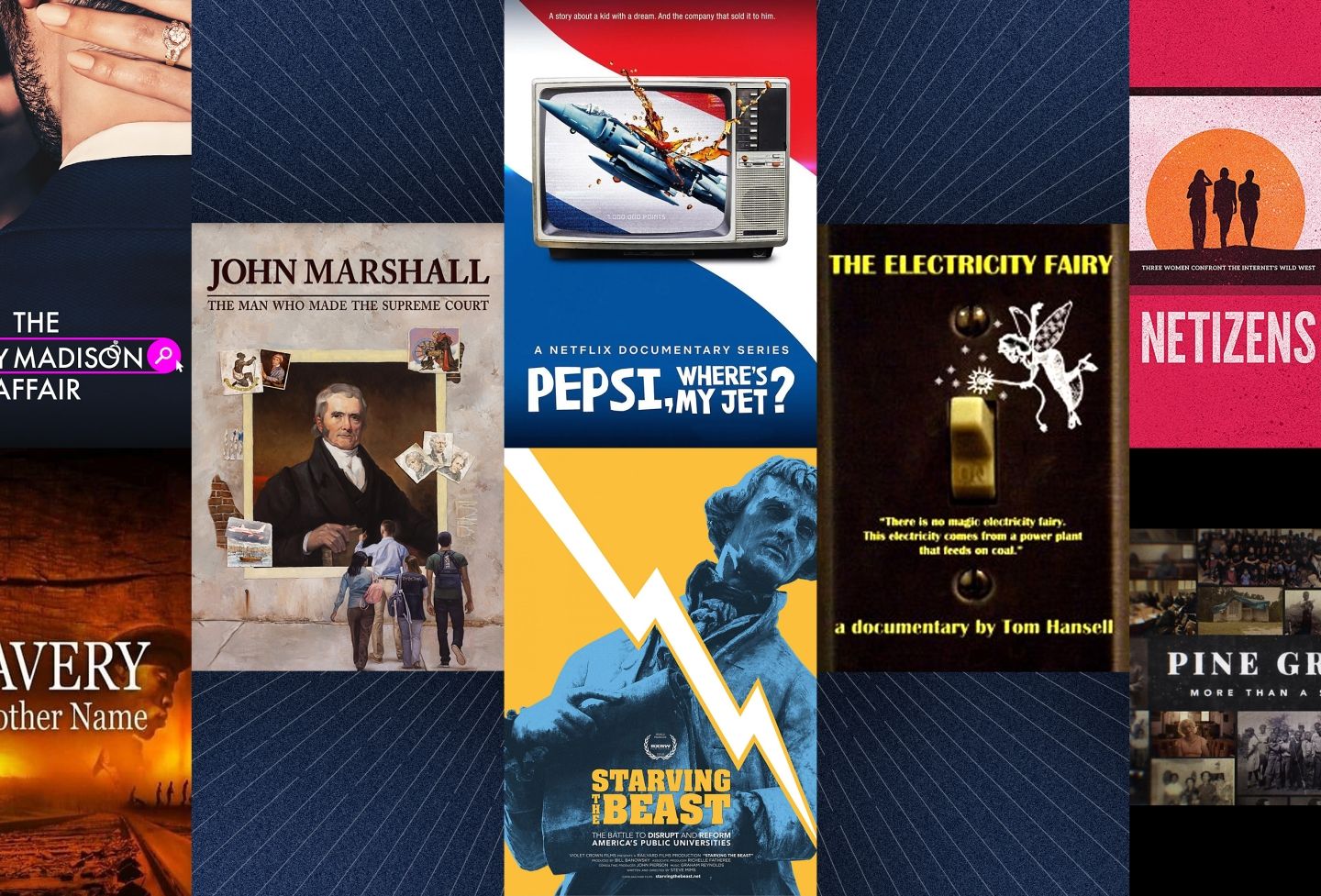Dedicated lawyers made the difference in an important Supreme Court case that led the United States to regulate greenhouse gases, Harvard law professor Richard Lazarus says on this season’s final episode of “Common Law,” a University of Virginia School of Law podcast.
The podcast’s second season has focused on times when law changed the world.
It was an issue many environmentalists didn’t want bring to the Environmental Protection Agency, lest they risk a detrimental decision from the highest court in the land, as Lazarus details in his new book, “The Rule of Five: Making Climate History at the Supreme Court.”
But Massachusetts v. Environmental Protection Agency, decided during the Bush administration in 2007, surprised everyone involved and delivered an important victory to environmentalists.
“This was the most significant environmental law decision ever handed down by the United States Supreme Court,” Lazarus says. “It led literally to the first international … climate accord — the Paris agreement — in 2015, a historic moment for the world.”
The legal challenge started with a lawyer named Joe Mendelson, who worked for a small environmental nonprofit in Washington, D.C.
“He got fed up as he watched the Clinton administration, year after year after year, not do anything on climate change,” Lazarus says. It was “frustrating for an environmentalist like Joe, because Al Gore was vice president of the United States,” and Gore had written an influential book on climate change, “Earth in the Balance,” in 1992.
Mendelson filed a petition with the EPA in 1999 to require them to regulate greenhouse gases in accordance with the Clean Air Act, particularly carbon dioxide emissions in new cars. Most environmentalists opposed bringing up the issue as the election loomed, as Lazarus describes in the book. (Professor Jonathan Z. Cannon, who served as EPA general counsel from 1995 to 1998, wrote a memo in 1998 that said the EPA had the authority to regulate greenhouse gases like carbon dioxide, which also played a role in the decision.)
Though the EPA initially ignored the petition, after George W. Bush was elected, Mendelson threatened a lawsuit over the lack of action. The EPA decided to formally deny the petition.
“Once the petition is denied, then they can challenge that decision in court,” Lazarus says. “At that point Joe Mendelson is no longer alone.”
A dozen states and several dozen national environmental groups, calling themselves “the carbon dioxide warriors,” joined Mendelson’s case as it came under the jurisdiction of the U.S. Court of Appeals for the District of Columbia Circuit.
Lazarus and the podcast’s hosts, Dean Risa Goluboff and Vice Dean Leslie Kendrick ’06, also discuss how a Bush campaign promise to regulate greenhouse gases unraveled, the lawyers’ strategy at the Supreme Court and the important role of Justice John Paul Stevens.
Massachusetts’ tumultuous path through the legal system holds important lessons today for both environmental advocates and anyone interested in how a Supreme Court case unfolds, Lazarus says.
“In this case, they made history,” he says. “But they made it by fighting for it, by being smart, and by being strategic, by being nimble.”
“Common Law” is available on Apple Podcasts, Stitcher, YouTube, Spotify and other popular places to listen to podcasts, including devices such as Amazon Alexa. This episode was produced by Sydney Halleman and Robert Armengol.
For more on the show, visit commonlawpodcast.com or Twitter at @CommonLawUVA.
Founded in 1819, the University of Virginia School of Law is the second-oldest continuously operating law school in the nation. Consistently ranked among the top law schools, Virginia is a world-renowned training ground for distinguished lawyers and public servants, instilling in them a commitment to leadership, integrity and community service.


